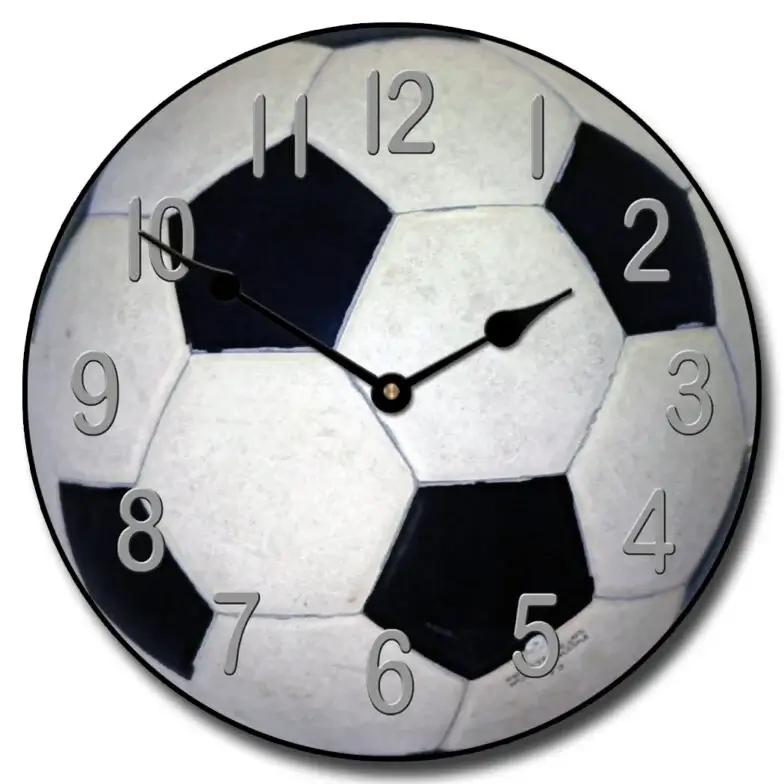In soccer, the clock is stopped every time there is a stoppage in play. This can be due to a foul, injury, or substitution. The referee will stop the clock when he signals for a stoppage. Once the ball is put back into play, the referee will start the clock again. In some cases, such as when there is a goal scored, the referee may add on additional time. This additional time is called stoppage time.
The clock will also be stopped when the referee blows his whistle to end the match.

Why does the clock stop at 2 minutes in soccer?
The clock stops at two minutes in soccer because it is the time allotted for a goal kick, throw-in or corner kick.
Is the clock stopped in soccer for injuries?
Yes, the referee will stop the game if there is an injury.
Why do they add 5 minutes in soccer?
In some cases, the referee may add on additional time. This is called stoppage time.
What’s the longest stoppage time?
The longest stoppage time was 11 minutes. This happened in a match between Argentina and Uruguay.
What are the different types of stoppages in soccer?
There are three different types of stoppages in soccer: goal kicks, throw-ins and corner kicks. The clock will stop at two minutes in soccer because it is the time allotted for a goal kick, throw-in or corner kick. In some cases, such as when there is a goal scored, the referee may add on additional time. This additional time is called stoppage time. The clock will also be stopped when the referee blows his whistle to end the match.